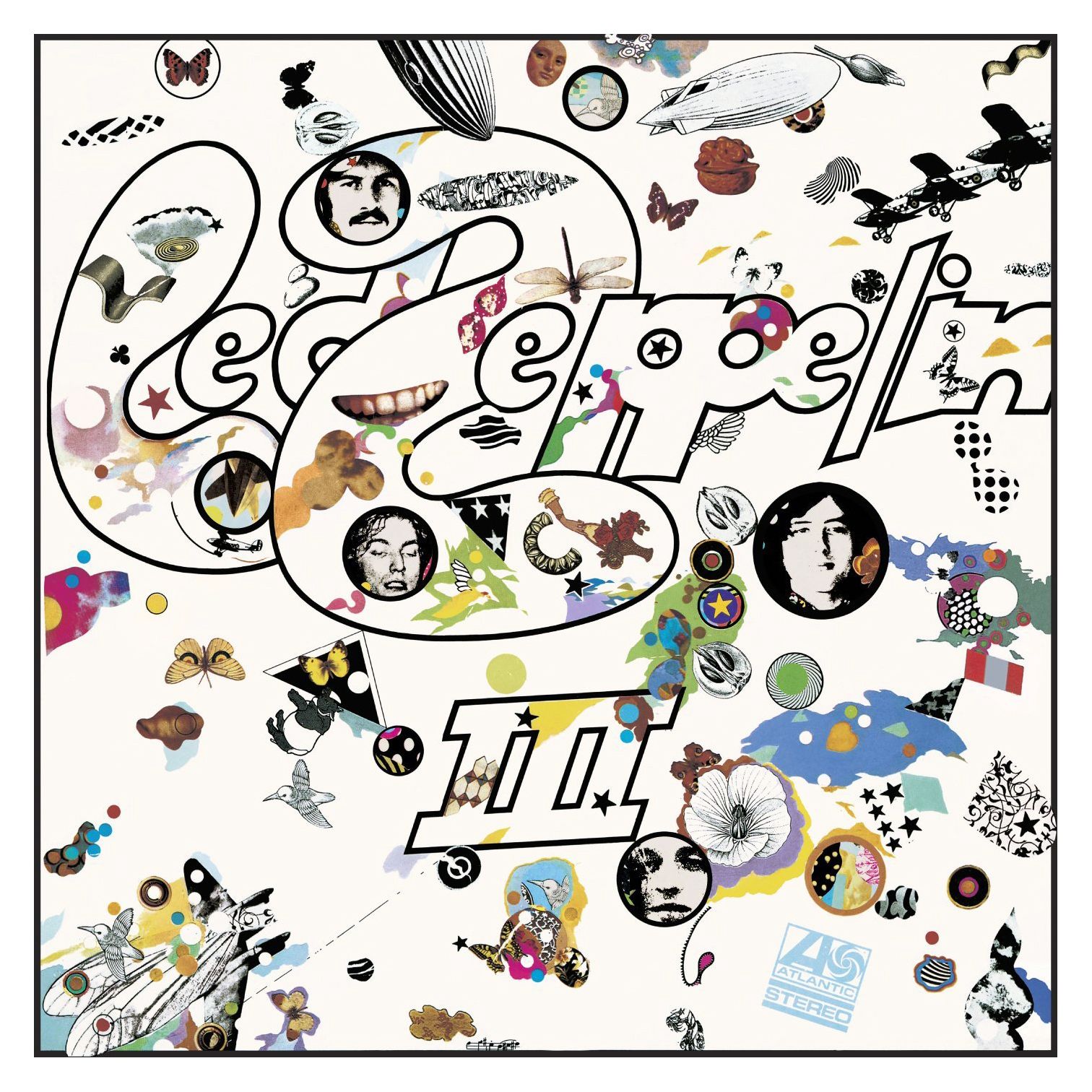50 Years Later, Led Zeppelin III is still a massive shift and it paid off massively
From the moment drummer John Bonham and guitarist Jimmy Page connected on “Good Times, Bad Times” and introduced the world to Led Zeppelin, very few could claim to have had as influential or successful a run. Twelve years and eight albums later, Robert Plant and John Paul Jones — along with Bonham and Page — have one of the most impressive discographies in the history of music.
One of the most pivotal moments was the release of their third record — Led Zeppelin III — which celebrated its 50th anniversary this year on Oct. 5. Following the successes of Led Zeppelin I and II, Plant and Page took refuge from the incessant touring in a small cottage in Wales. Once there, they fully embraced the folky, psychedelic, and — most notably — acoustic sounds they had been toying with over the past few months.
The 18th-century cottage in the Cambrian Mountains in Wales was where the majority of the album was written. The result was a collection of songs that were a sharp turn away from what came to be expected of Led Zeppelin.
The shock following one of the biggest hard rock bands releasing acoustic material was not unlike the reaction to Bob Dylan going electric just five years earlier. It was vitriolic, with many people accusing the band of selling out or “going soft,” when in reality the signs were already there. They had already experimented with some of the sounds found on their third record and it should come as no surprise that they built on it.
Their previous record, which was appropriately named Led Zeppelin II, had a much more blues-based sound, so they were willing to experiment with other sounds and techniques. The writing was on the wall for a massive shift in style.
Plant — along with the rest of the band—went from high-flying, rock-n-roll sex gods to hippie farmers and they seemed perfectly at home in those roles. While “Immigrant Song” was all you would expect from the hottest band in the world at the time, the record’s opening track was the only hard rock song in the album.
Even though songs like “Since I’ve Been Loving You” and “Out on the Tiles” have electric instruments, the same sound that runs through the entire album is still incredibly present. While the entirety of the project wasn’t written during Page and Plant’s Welsh vacations, it’s impossible to deny its influence.
This record was a massive commercial risk. From an artistic standpoint, however, it seemed almost inevitable. In more than one interview Page and Plant explained how the band had been experimenting with similar sounds for some time and a full-length project seemed more and more like a natural evolution of “Zep’s” style and aesthetic.
One could write a series of novels on Led Zeppelin III. It’s a groundbreaking album that both stunned and divided fans in a way that only cemented their legacy as one of the most technically proficient and versatile bands of all time.




